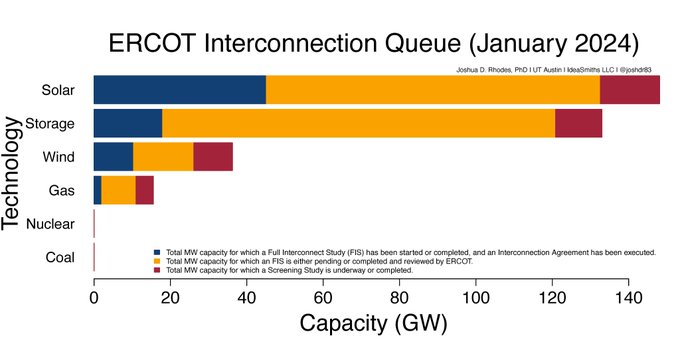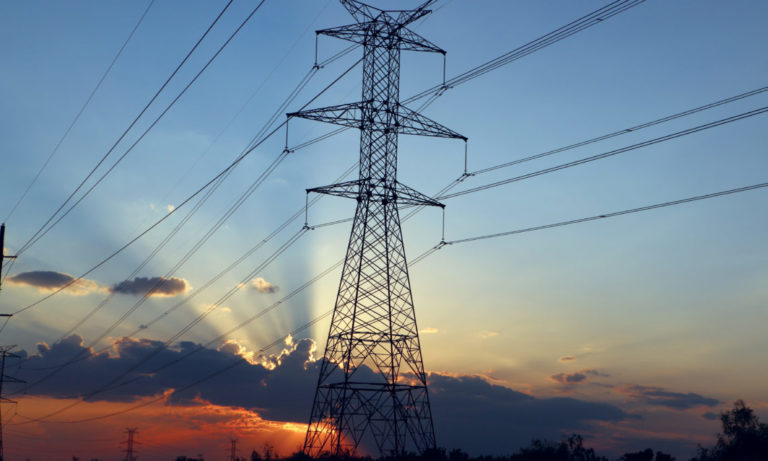September 30, 2019
(AUSTIN, TX) – A study commissioned by Pecan Street Inc. examining the possibility of converting single-family residential heating in the ERCOT service area from natural gas to electric power concluded that the state could achieve significant reductions in climate and local air pollution and save Texans money through lower monthly utility bills.
Download: Pecan Street’s whitepaper, Electric Texas, as well as the original IdeaSmiths analysis.
“As cities and states examine their options for reducing climate emissions, it’s important they have reliable estimates and models that show them what’s possible,” said Pecan Street CEO Suzanne Russo.
Some cities, including Berkeley and San Jose, CA, are considering or have implemented local ordinances requiring all-electric construction for some homes and buildings. Texas’ climate, energy profile, and competitive electric markets make it an interesting candidate for electrification.
The analysis compared the performance of several electric heat pump technologies under two weather/temperature datasets to model and quantify the potential emission reductions and overall grid impact of replacing Texas’ residential natural gas heating stock.
Depending on the efficiency of the models studied, switching to electric heat pumps could:
- Reduce carbon dioxide emissions by between 2.5 million and 10.6 million metric tons per year
- Reduce emissions of nitrogen oxides by between 2,179 and 9,821 metric tons per year
- Cause slight increases in emissions of sulfur dioxide (1,583 metric tons per year) or large reductions (up to 11,165 metric tons per year). The variation is directly tied to the efficiency of the heat pumps modeled.
- Reduce the total “utility bill” energy spend for Texans by up to $2.6 million per year
- Reduce the average per household utility costs between $57 and $451.90 per year.
Overall, such a switch would increase the state’s annual electricity demand, though the increase would be manageable. Notably, summer peak demand would drop dramatically, as heat pumps are also very efficient air conditioners. Winter peak demand, however, would increase, flipping the state from a “summer peaking” system to a “winter peaking” system.
“To fully decarbonize, we must eventually eliminate carbon emissions from our homes,” said Joshua Rhodes, a co-author of the analysis and partner at IdeaSmiths. “This work shows that it is possible to do so in Texas with today’s technology and points toward the possibility of doing so in other locations as well.”
Download: Pecan Street’s whitepaper, Electric Texas, as well as the original IdeaSmiths analysis.
About Pecan Street Inc.
Pecan Street is an energy and water research organization based in Austin, TX. Our network of volunteer research participants is the first of its kind on the planet and has become an international model for how to develop and operate real-world energy and resource research. Our commercialization lab is a world-class proving ground for major corporations and startups alike. Our database, the largest source of disaggregated customer energy data, is used by university researchers and industry-leading companies around the world. Visit pecanstreet.org.
About IdeaSmiths
IdeaSmiths provides clients access to professional analysis and development of energy systems and technologies. Our team focuses on energy system modeling and assessment of emerging innovations and has provided support to investors, legal firms, and Fortune 500 companies trying to better understand opportunities in the energy marketplace. Visit ideasmiths.net.
Contact
Pecan Street Inc. – Colin Rowan, media@pecanstreet.org, 512-222-9603
IdeaSmiths – Joshua Rhodes, rhodes@ideasmiths.net, 512-658-2965



















